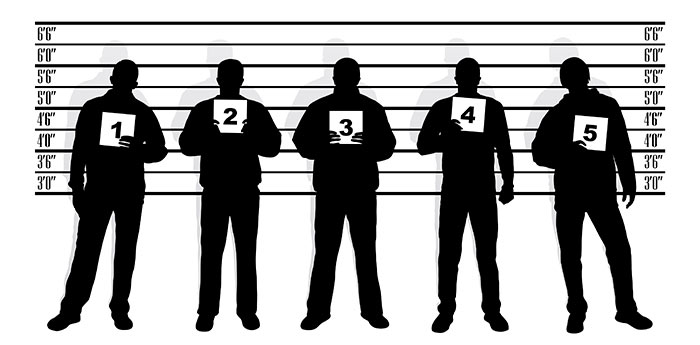
What did you say in response to the incident or behavior?.What did you do in response to the incident or behavior?.Was there physical contact? Describe it.Did anyone else see it happen? Who? What did they say and/or do in response?.How many times did this happen, that you're aware of?.What was the date, time, and duration of the incident or behavior?.


Case IQ Case Types Case intake, workflow, data centralization and reporting have never been simpler or more intuitive.With multi-channel intake, configurable workflows, and analytics, Case IQ is a vital tool for modern investigation teams. Whatever your organization’s needs, we cover all case types. The Case IQ Platform Resolve today’s cases and prevent tomorrow’s vulnerabilities.

Witnesses may also be excluded under Rule 615, with some exceptions (such as parties to the case). Under Rule 607, any party, including the party that called the witness, may attack the witness’s credibility. Evidence to prove personal knowledge may consist of the witness’s own testimony.” This rule does not apply to expert witnesses under Rule 703. Rule 602 provides that a “witness may testify to a matter only if evidence is introduced sufficient to support a finding that the witness has personal knowledge of the matter.

However, there are exceptions, such as individuals who lack personal knowledge of the matter, are mentally incapable of testifying, or have a privilege that prevents them from testifying. Rule 601 outlines the general rule that every person is presumed competent to be a witness, meaning they are generally allowed to testify.
Witness to a crime trial#
Witnesses can be court witnesses (who provide evidence at trial), adverse witnesses (or hostile witnesses), earwitnesses (who testifies about something that they heard and did not see), character witnesses (usually in criminal matters about a party’s reputation), rebuttal witnesses (offered to counter other evidence), eyewitnesses (firsthand knowledge by seeing an event), alibi witnesses (in a criminal matter), grand jury witnesses (called to testify prior to an indictment), or material witnesses (who can be detained in a criminal trial under 18 U.S. A witness may also be someone who attests to a signature on a document. There are different types of witnesses, including lay witnesses, who are individuals with personal knowledge of the matter, and expert witnesses, who possess specialized knowledge and who are called upon to provide expert testimony within their area of expertise. Their testimony can influence the outcome of a case by providing insights that might otherwise remain concealed. In legal proceedings, witnesses can serve as sources of evidence, offering firsthand accounts that can corroborate or refute claims made by parties involved.


 0 kommentar(er)
0 kommentar(er)
